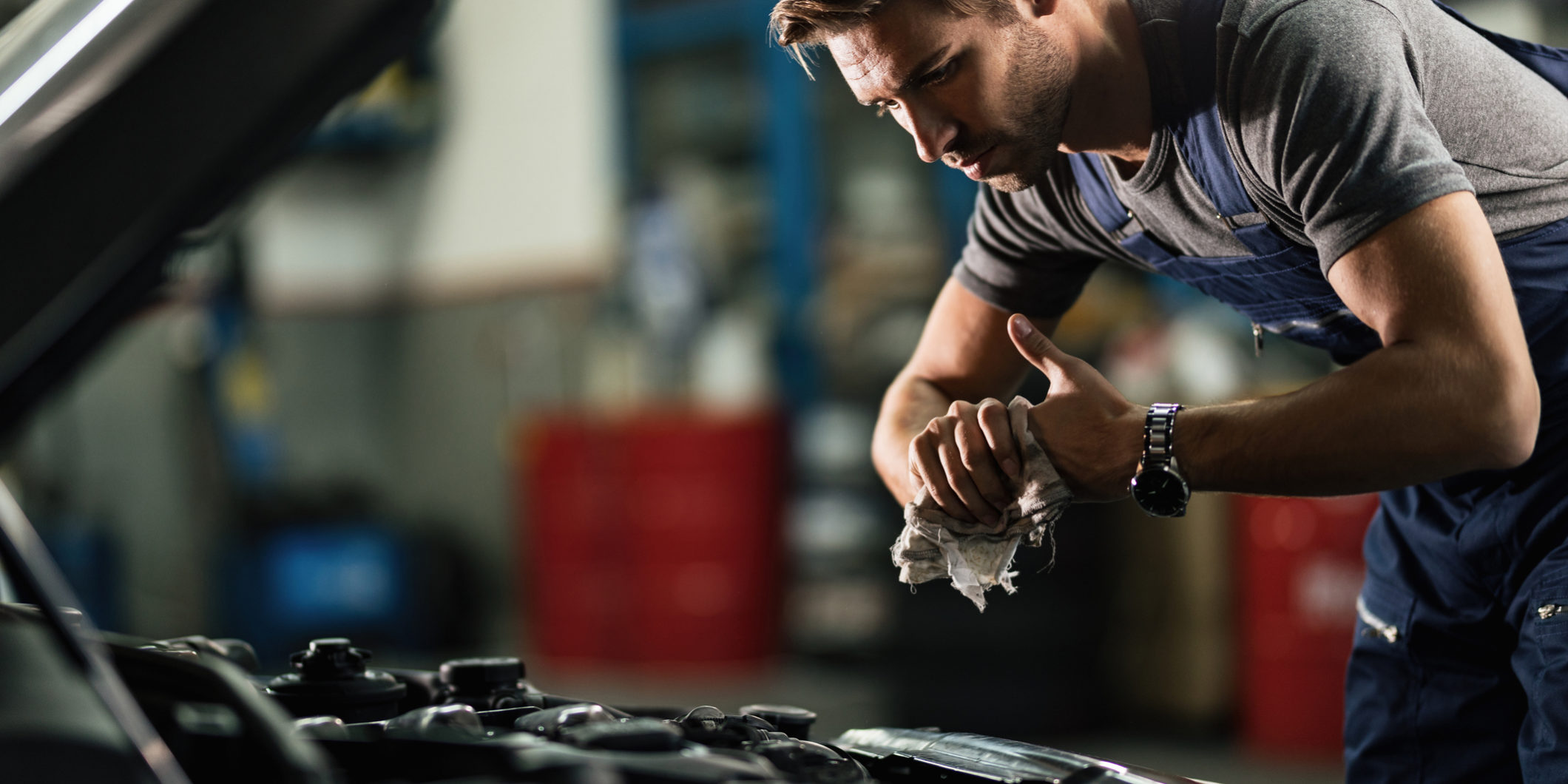Written by Brett Abraham, Principal Consultant at Survey Asbestos | Thomas Consultants
Asbestos and Home Mechanics – What You Need To Know
Many Kiwis engage in fixing their cars at home. It is a lot cheaper than going to see a professional mechanic at a workshop, especially for those smaller jobs like changing brake pads and drum linings or larger jobs such as clutch replacement. All you need is YouTube and a little elbow grease. This may be the case, but often what YouTube doesn’t show is that there are many places on a vehicle that may contain asbestos. There are still some vehicles around today that have brake pads, drum linings and clutches which contain asbestos. Home mechanics who repair and replace brakes and clutches may be exposed to asbestos.
Dust from the brakes and clutch can be seen when the brake pads, drum or clutch covers are removed. These may contain microscopic asbestos fibres. These fibres which are invisible to the naked eye, are extremely hazardous when breathed in. Unfortunately, you cannot just look at a brake pad and identify asbestos if is present. The only way to know for sure if there is asbestos in your vehicle is by having it tested. An asbestos surveyor will come out and inspect the vehicle and take samples for the laboratory to test.
Here are some tips for the ‘Home Mechanics’ out there:
What not to do:
- Do not use compressed air for cleaning dust. Compressed air forces dust and fibres into the air and fibres such as asbestos may be inhaled.
- Do not use dry rags or brushes to clean brakes as these can also generate airborne dust. Microscopic particles can be inhaled or settle on your clothing and can be taken with you into your home.
- Do not use your normal household vacuum cleaner.
- Avoid using work clothing in the home.
- Do not have food and drinks in the work area.
What to do:
- Use a H-Class vacuum cleaner which has a current test certificate.
- Use wet rags and wipes.
- Wear disposable overalls when working with these types of materials.
- Minimise exposure by keeping other people away from your work area.
- Double bag any waste and follow the local regulations for disposal.
You may have a car that has had its brake pads previously changed. Because a lot of brake pads are imported, the replacement pads may have come from a country where asbestos is still allowed. Be wary, importing new parts does not mean they are asbestos free. Check the safety data sheet for the replacement parts and remember that your health comes first.
Let us help you!
If you’re still unsure about what asbestos is and where it might be in your home car maintenance shop, or anywhere at your work or home we would love to help! We have a team of IP402 & ISO45001 qualified Asbestos Surveyors ready to help. Contact us today to alleviate your concerns.
View Our Services Here Contact Us NowWe look forward to hearing from you!







